By Kim Foxx and Cristine Soto DeBerry
As a former Cook County state’s attorney and a former chief of staff in a district attorney’s office, we were alarmed to learn that President Donald Trump’s administration quietly deleted the first federal police misconduct database — a critical tool created to prevent federal law enforcement officers with histories of serious misconduct from being rehired by other agencies. This reckless decision undermines accountability, weakens public trust and makes our communities less safe.
Ironically, it was Trump himself who proposed such a database in 2020. It’s bewildering and dangerous that he has now reversed his own position and politicized a smart, effective tool that promotes accountability.
The two of us know firsthand that the partnership between prosecutors and law enforcement is essential to upholding the law and protecting our communities. But for our system to work, the officers entrusted to keep us safe must be held to the highest standards of integrity.
This kind of transparency shouldn’t be partisan or controversial. Both law enforcement agencies and the communities we serve should want to prevent what is known as “wandering officers,” when officers who have committed serious misconduct are hired in a new jurisdiction without disclosing their employment history. After all, if a doctor or teacher committed egregious misconduct, wouldn’t you want to know about that before hiring them at the next hospital or school over? Why would law enforcement officers be any different?
This due diligence is essential to building and keeping trust with the communities we serve, which is vital for public safety. When people believe in the fairness and integrity of the criminal legal system, they are more likely to come forward and cooperate as witnesses and victims, helping us seek justice for all.
A federal database was a positive first step to make this work easier. While the database was only in effect for about a year, it had begun to make a difference. By the end of 2024, all 90 executive branch agencies with law enforcement officers had contributed to compiling nearly 4,800 reports of misconduct dating to 2017. At least 25 times, the system flagged a candidate, prompting federal hiring officials to look more closely at a candidate’s background.
If Trump hadn’t ordered the database to be deleted, the records would have grown over time, and local and state law enforcement agencies would have likely gained access, as the Department of Justice had been exploring how to get the database to more agencies.
Now, not only will local law enforcement not have easy access to this information to prevent problematic hirings in our communities, but the White House has also demonstrated that it doesn’t care if the agents federal agencies hire have committed misconduct in the past. As we anticipate an increased presence of federal law enforcement policing our neighborhoods and carrying out immigration raids, that puts our communities at serious risk. It could even be a matter of life and death….
This is also about the hundreds of victim advocates across Virginia who are already overworked and underpaid but working tirelessly to protect and support survivors. They deserve not only our gratitude but also our investment in the resources they need to serve our communities.
What we’re asking for is, frankly, a drop in the bucket. Gov. Glenn Youngkin’s proposed 2026 budget is more than $92 billion. Our request — $8.25 million — is less than 0.01% of that. To put it in further perspective, it’s less than half of what the commonwealth is projected to spend this year on a commission to commemorate the American Revolution’s 250th anniversary. Honoring our history is certainly a worthy cause, but shouldn’t we be spending at least as much to honor survivors who need our support today?
And let’s be clear, $8.25 million is the bare minimum we need to maintain services for survivors of sexual and domestic violence in 2025. But it is not enough. We need funding for all victims of all crime, including children, and for all the victim advocates who support them.
A just, equitable and well-rounded criminal legal system supports victims before and after their day in court. So while we ask the legislature to act now and address the imminent needs of sexual and domestic violence survivors, we also need to look for long-term solutions. It’s highly unlikely that federal VOCA funding will be restored. Elected leaders, including prosecutors, must come together to develop sustainable models that will support the survivors in our commonwealth not just today but for decades into the future.
The federal government has turned its back on victims of crime. We must make sure Virginia doesn’t do the same.
Ramin Fatehi is the commonwealth’s attorney for the city of Norfolk. Robyn Sordelett of Hopewell is the survivor center director at the Prosecutors Alliance Action.
